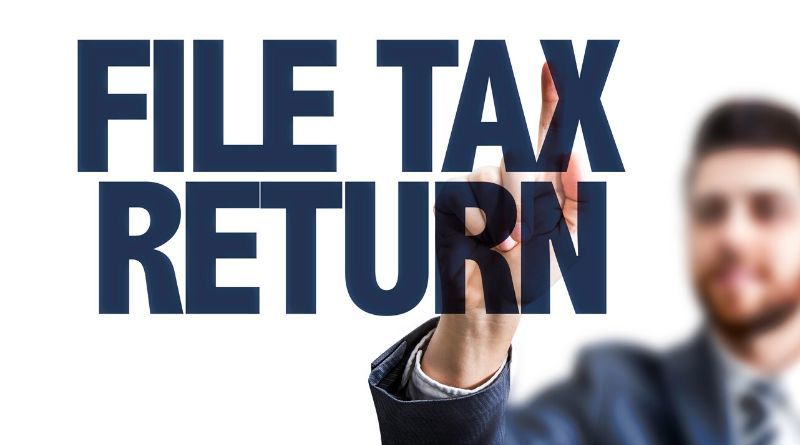Advice for Expats with Undeclared Income
Thousands of British expats who have undeclared savings accounts may be facing tax investigations as a new global initiative comes into effect.
The initiative has been developed by the Organisation for Economic Co-ordination and Development (OECD) and is aimed at reducing tax avoidance and deliberate tax evasion.
Common Reporting Standard - Global Information Sharing Initiative
The Common Reporting Standard (CRS) is a global transparency initiative through which information about account holders will be shared between countries.
Financial institutions such as banks, building societies, investment and insurance companies will be required to share information about accounts and balances held by their overseas clients with tax authorities around the world. It has been reported that HMRC has already received information.
50 countries will take part in the first wave of information sharing in September 2017, with the UK on the list.
British expats with individual savings accounts (ISAs) that have not been declared to the tax authority in the country in which they live, may be faced with having to pay hefty penalties over the unpaid tax on the income generated.
Likewise, penalties may also apply to individuals who receive offshore income that is not declared to HMRC.
Undeclared Income
It may be the case that many expats innocently thought that if their UK tax liabilities were above board, they would not be required to declare income in the country in which they live. This is in fact incorrect, as most countries tax on income and gains even if they are generated offshore.
For those living in the UK with undeclared offshore accounts, the information sharing initiative will provide HMRC with intelligence in order to target individuals it suspects as having unpaid tax liabilities.
With the first wave of information sharing coming in September, the time for many British expats and individuals with offshore accounts living in the UK to act is now in order to clarify their affairs.
You can discuss your circumstances with our team of tax investigations professionals in complete confidence. What is unclear at this stage is how different countries will impose potential penalties on those guilty of tax avoidance or tax evasion.
It may be the case that the best course of action will be to make a voluntary disclosure of any unpaid tax, as in many scenarios this may mitigate and potentially reduce any financial penalties that may be imposed.
To discuss your circumstances with our experienced tax investigations professionals, you can call us on 0113 387 5670, email us at enquiries@forthsonline.co.uk or fill out an Enquiry Form and we will contact you directly.


